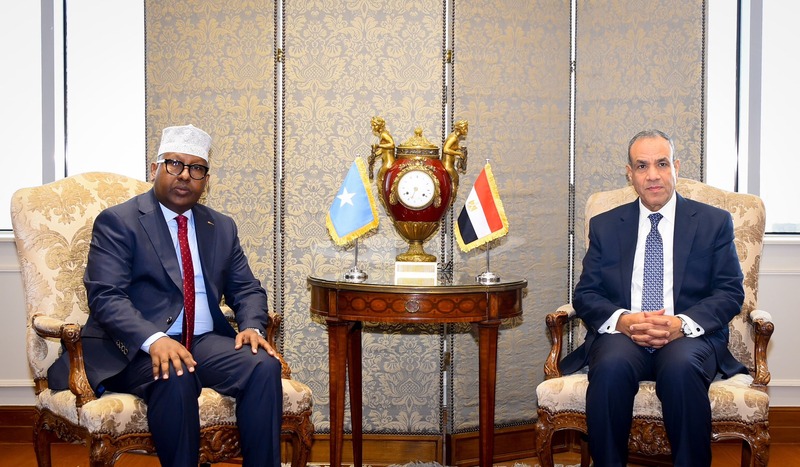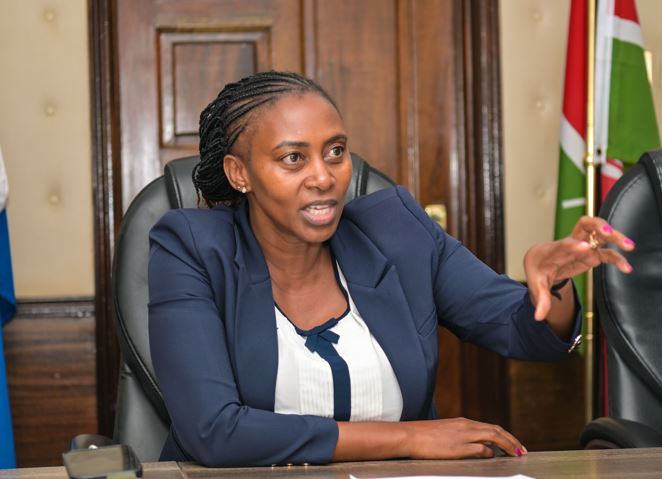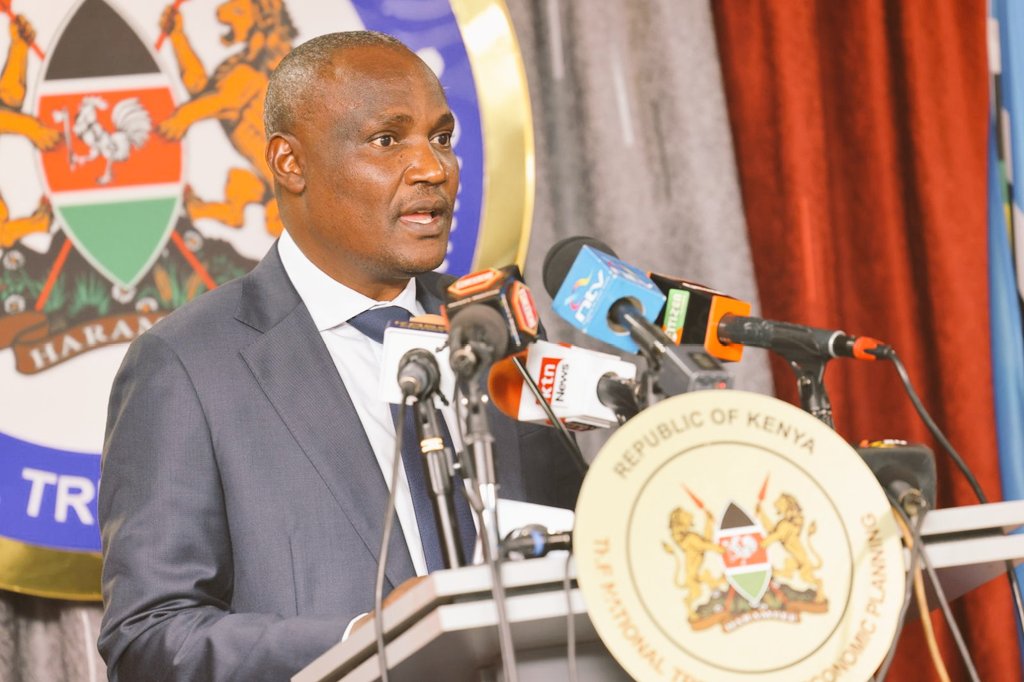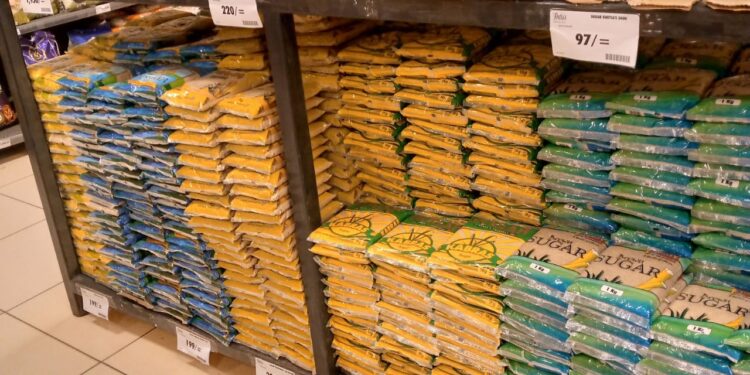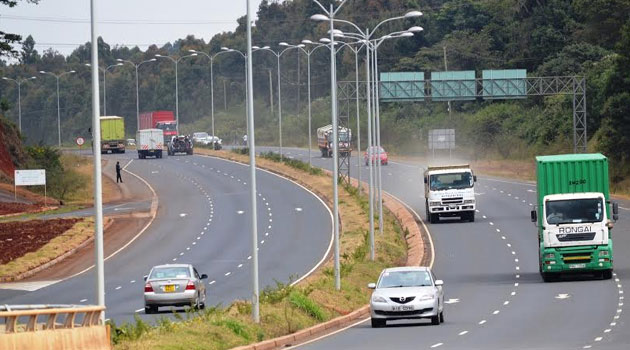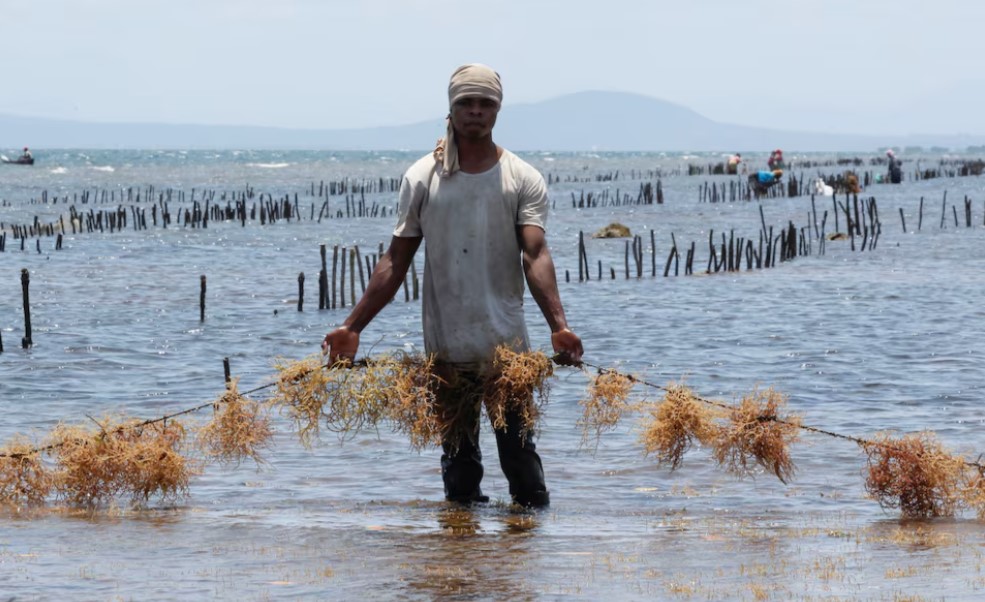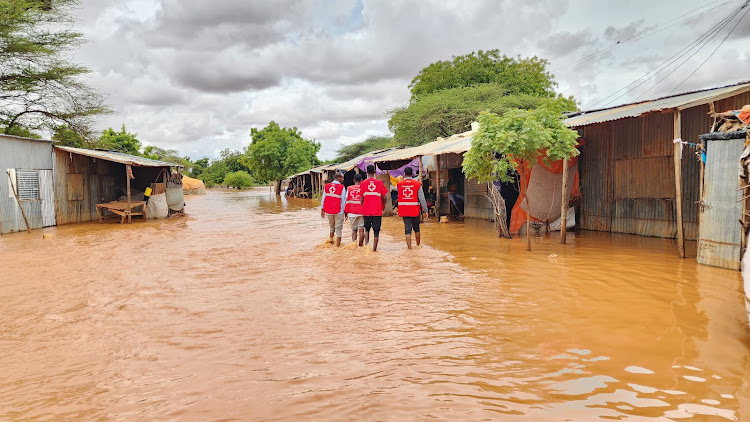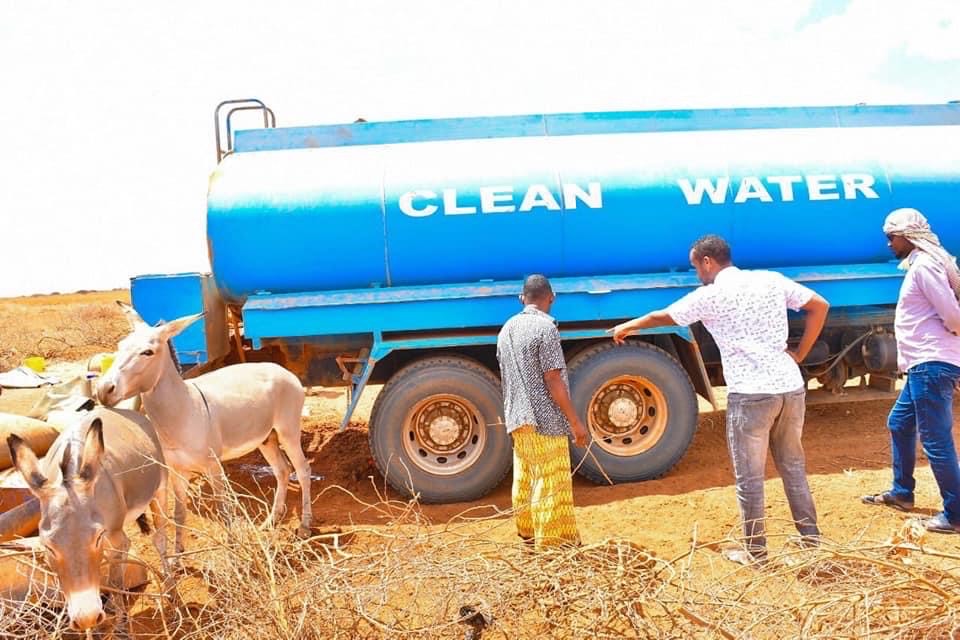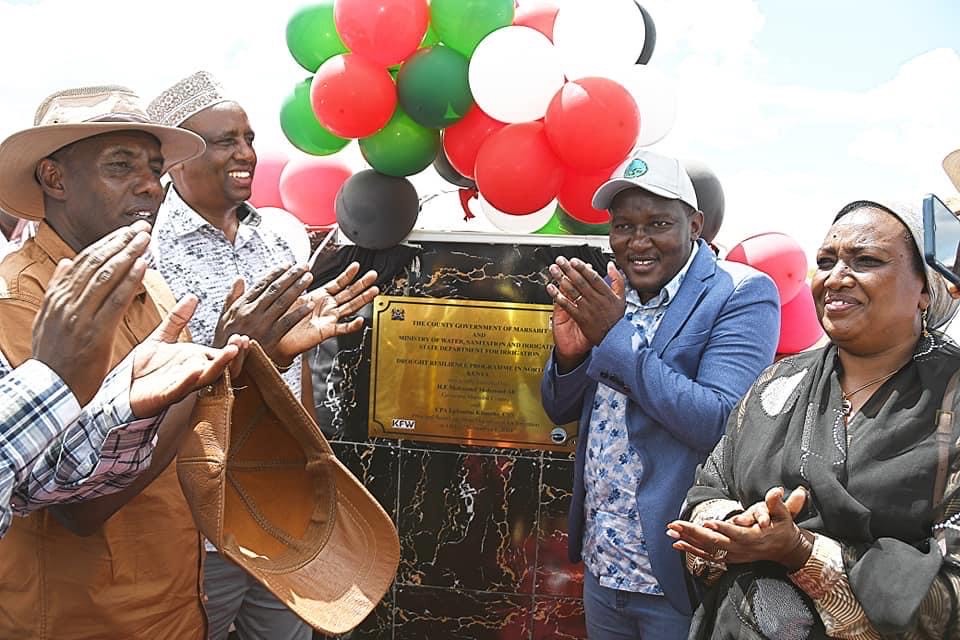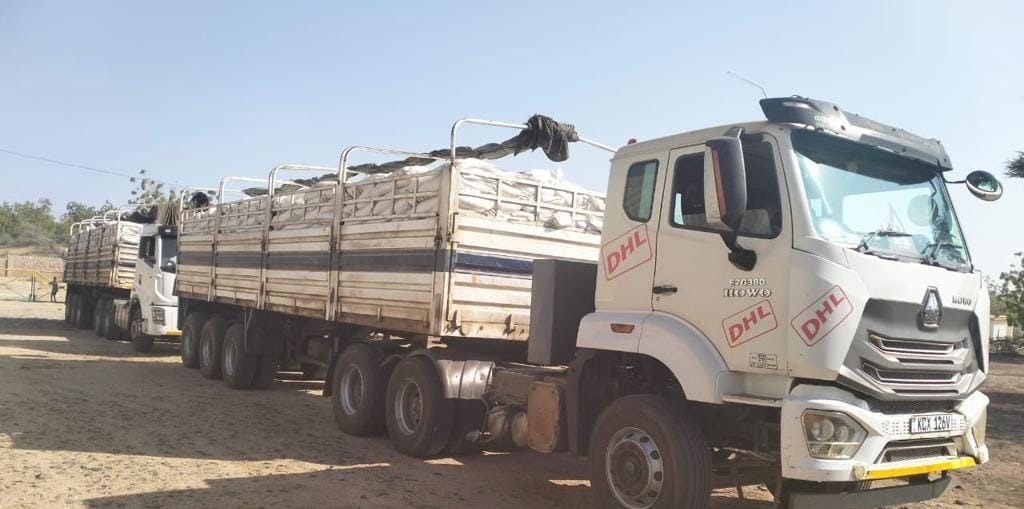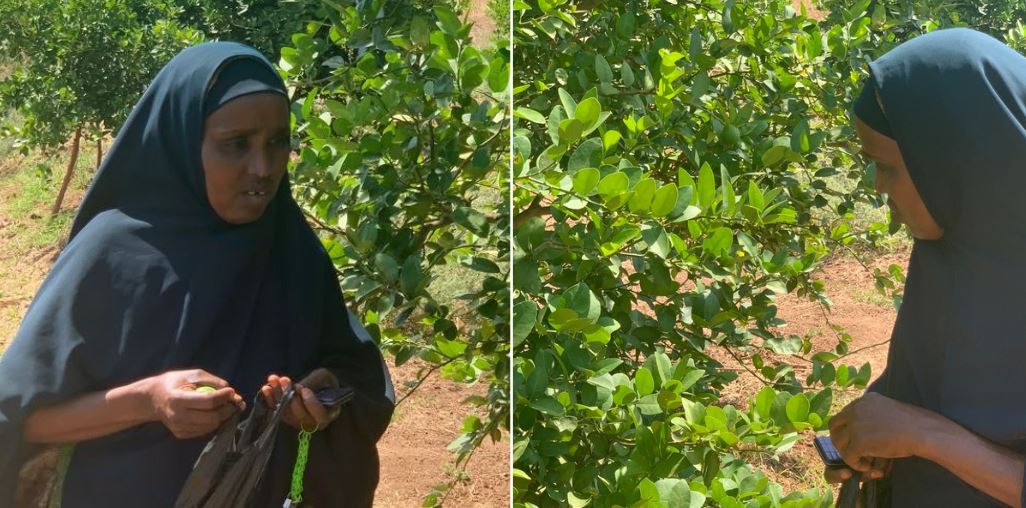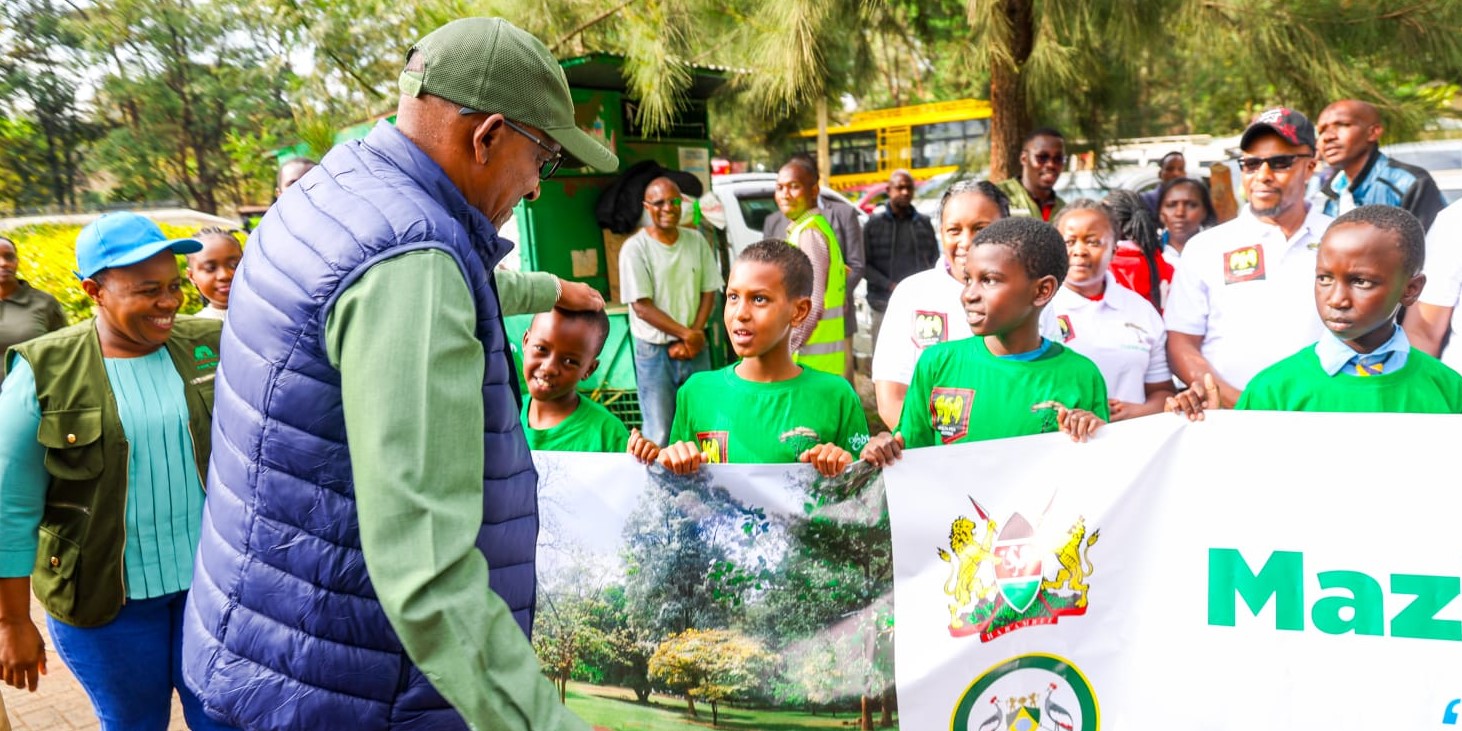Agricultural programme transforming the lives of Kwale, Taita-Taveta farmers
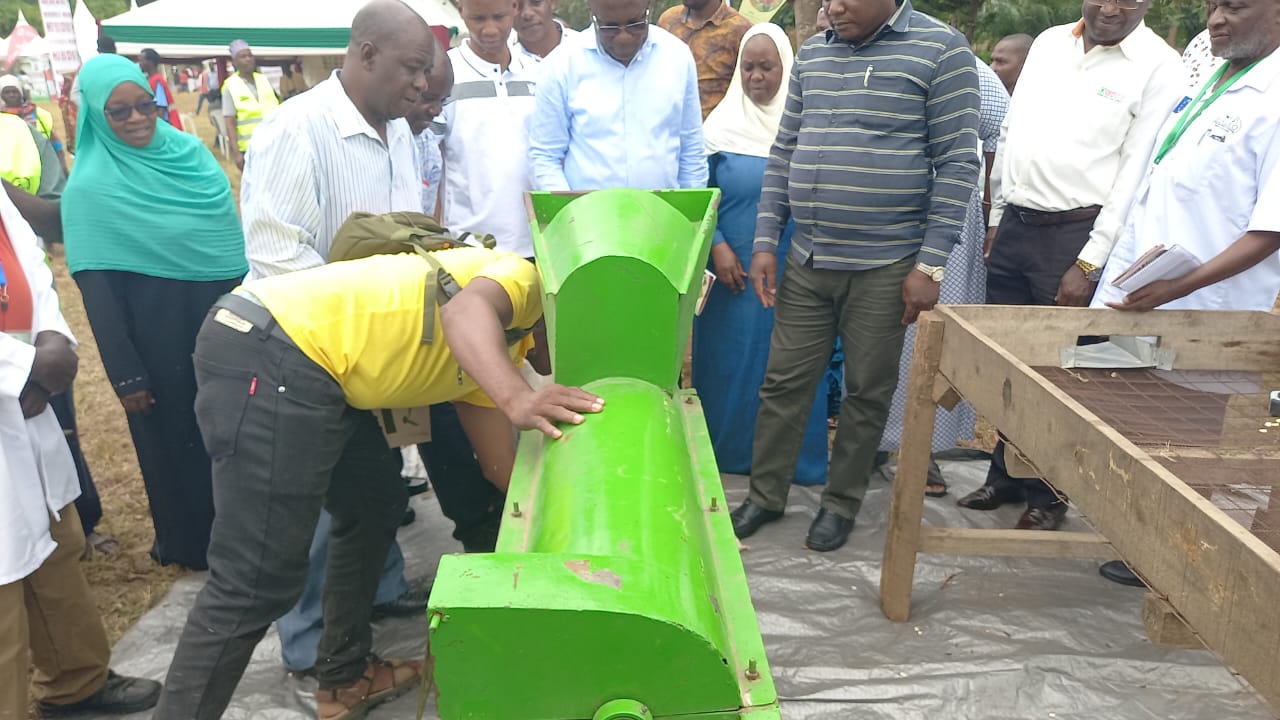
By Mishi Gongo |
Despite Kinango's rain scarcity, the introduction of drip irrigation and water harvesting has enabled farmers to achieve reliable harvests, ensuring a steady food supply.
Over 1,000 small-scale farmers in Kwale and Taita Taveta counties have reaped substantial benefits from a transformative three-year agricultural programme aimed at enhancing food security and resilience against drought.
The Acting Now initiative was launched by Solidaridad East and Central Africa in partnership with the National Drought Management Authority and county governments last year.
Keep reading
- MP Abdul Haro: UDM Party key to securing resources for marginalised North Eastern region
- Why government’s drought emergency plan failed- PS Kello Harsama
- Calls for state, donor collaboration as pastoralist leadership summit starts in Wajir
- Severe drought in northern Kenya leaves thousands of children facing hunger
The programme, which targets cereal, vegetable, and fruit farmers in drought-prone regions, aims to mitigate the effects of climate change and ensure sustainable agricultural practices.
In Kwale, the project is active in the Puma and Kasemeni Wards of the Kinango sub-county, whereas in Taita Taveta, it focuses on Bura in the Mwatate sub-county.
Farmers participating in the Acting Now initiative have received training in advanced farming techniques, access to drought-resistant seeds, fertilisers, and pesticides, and support for water projects to facilitate continuous irrigation.
Catherine Mutua, a beneficiary from Kasemeni, described the programme as life-changing.
"With smart farming techniques and innovative water conservation methods, we are overcoming environmental challenges and achieving greater agricultural resilience," she said.
Despite Kinango's rain scarcity, the introduction of drip irrigation and water harvesting has enabled farmers to achieve reliable harvests, ensuring a steady food supply. Mutua, who now produces an abundance of food, has significantly increased her production capacity.
"I now yield 10 bags of green grammes per cycle, each selling for Sh90,000," she reported.
Additionally, she cultivates vegetables, maize, and millet on her one-acre plot, harvesting every three to four months.
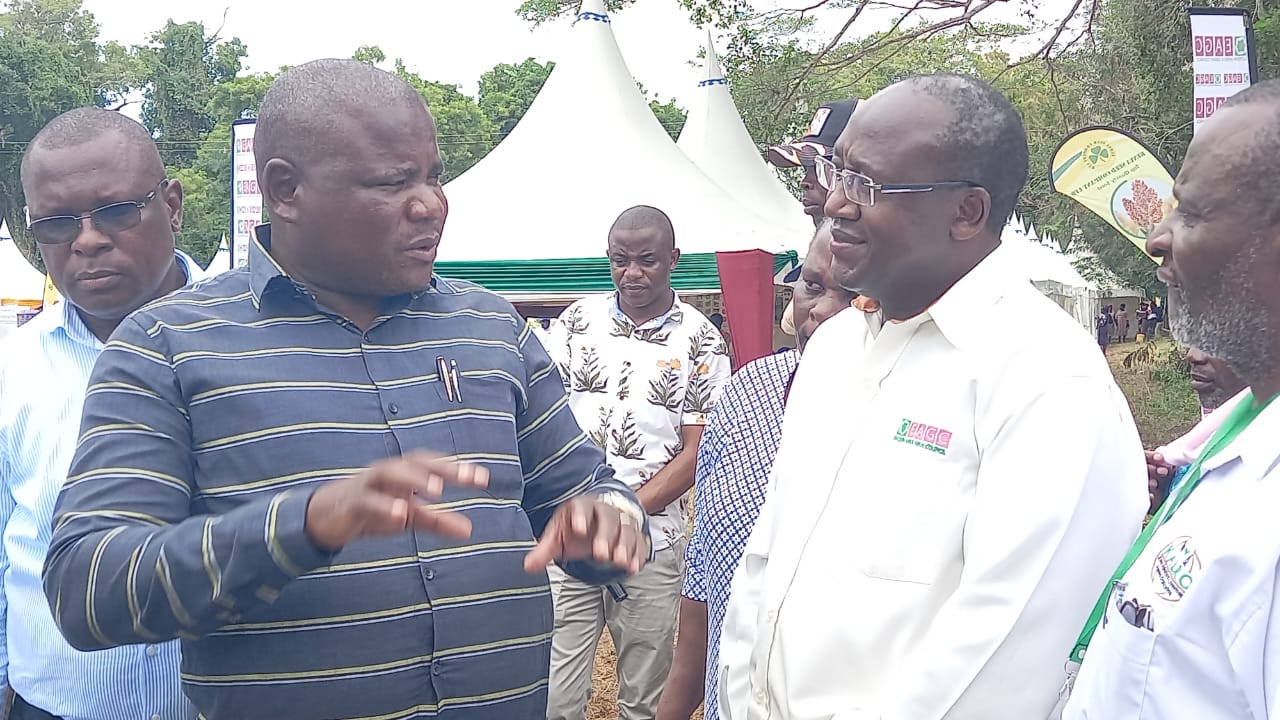 Kwale Deputy Governor Chirema Kombo with Solidaridad project manager Boniface Mulandi at Matuga Kalro headquarters during an agricultural expo on Monday, August 12, 2024. (Photo: Mishi Gongo)
Kwale Deputy Governor Chirema Kombo with Solidaridad project manager Boniface Mulandi at Matuga Kalro headquarters during an agricultural expo on Monday, August 12, 2024. (Photo: Mishi Gongo)
Prudence Makalo from Bura shared her experience with the programme, noting that it has revolutionised her farming methods.
"The project provided me with valuable knowledge on improved techniques, making a huge difference compared to the outdated methods I previously used," she explained.
Makalo now grows groundnuts, millet, cowpeas, and green grammes on a smaller piece of land, achieving higher yields and profitability.
Her recent harvest of groundnuts yielded 11 sacks, a significant improvement from the four sacks that she used to get.
Darius Mnyasa emphasised the program's improved market access.
"Accessing markets has become easier with the support of cooperatives and training in leadership and business management," he said.
The programme has strengthened farmers' groups, enhancing productivity and providing essential skills for healthy crop cultivation.
Solidaridad project manager Boniface Mulandi highlighted the programme's commitment to inclusivity, noting that the majority of participants are women and youth.
"Lead farmers conduct door-to-door visits to share knowledge, which has significantly contributed to food security and poverty reduction," Mulandi said.
He also pointed out that the project addresses gender-based violence by empowering women and fostering resilience and self-reliance in the communities.
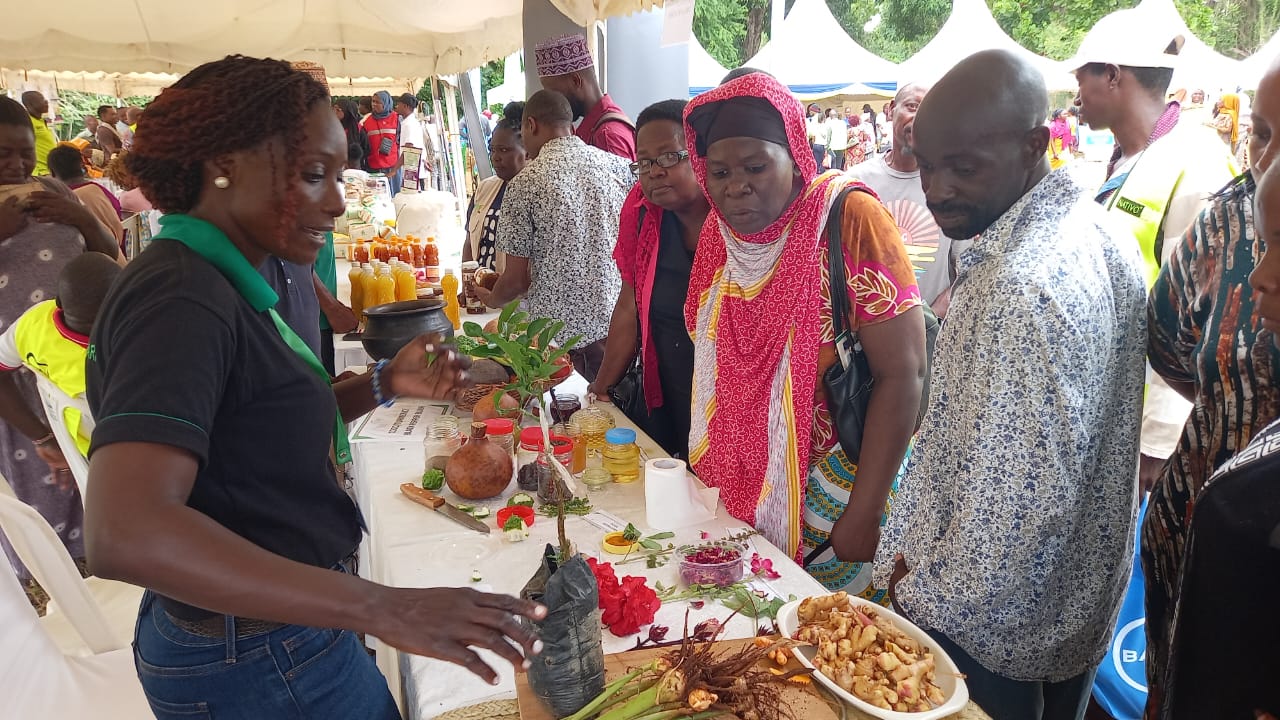 Small scale farmers from Kwale and Taita Taveta showcase their products during the Coast Region Agriculture Expo at Kalro headquarters in Matuga sub-county, Kwale County, on Monday, August 12, 2024. (Photo: Mishi Gongo)
Small scale farmers from Kwale and Taita Taveta showcase their products during the Coast Region Agriculture Expo at Kalro headquarters in Matuga sub-county, Kwale County, on Monday, August 12, 2024. (Photo: Mishi Gongo)Reader comments
Follow Us and Stay Connected!
We'd love for you to join our community and stay updated with our latest stories and updates. Follow us on our social media channels and be part of the conversation!
Let's stay connected and keep the dialogue going!


